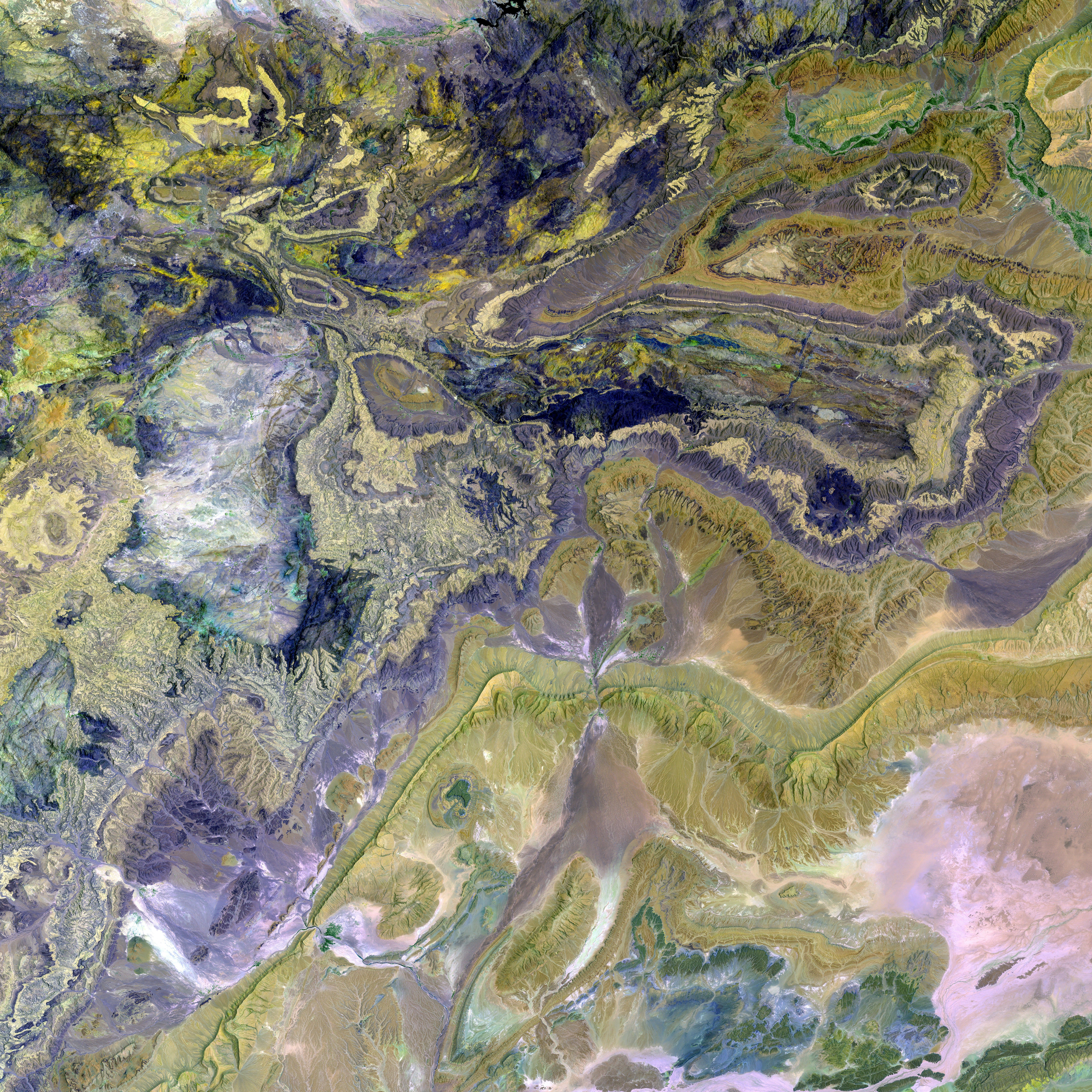World Leadership Ignores Global Concerns on Underwater Mining; Trump Pushes Ahead with Deep-Sea Mining Plans
Donald Trump's Decision to Ignore Global Community on Deep-Sea Mining Raises Concerns
The climate-denying President has courted controversy once again by pushing ahead with deep-sea mining, despite a lack of rules to govern this industry that could pose devastating environmental risks.
After facing fierce criticism from environmental groups and scientists, Trump's move has been reprimanded by the International Seabed Authority (ISA), an organization comprising 168 member states that has spent over ten years attempting to negotiate a "mining code" to regulate the industry.
Leticia Carvalho, the secretary-general of the ISA, expressed her concerns, stating, "No State has the right to unilaterally exploit the mineral resources of the deep seabed in the high seas." She urged the American government to collaborate through international institutional and legal frameworks instead, warning of the risks associated with any unilateral action for "international relations and investment security."
Trump, who has disregarded the advice of scientists on numerous occasions, appears unfazed by these warnings. However, since the United States has never ratified UNCLOS, Trump has relied on domestic law to sign an executive order authorizing his government to speed up the review of applications and the issuance of mining permits, including in international waters.
While the United States has historically been a reliable observer and contributor to the ISA's work, Trump's latest move has caused surprise within the organization. Leticia Carvalho believes that unilateral actions could set a dangerous precedent, potentially destabilizing the entire system of ocean governance.
The Perils of the Oceans Await
The ISA now finds itself caught in the middle of a heated debate over the future of the oceans. On one hand, environmentalists and scientists advocate for the protection of the seabed, while on the other, proponents see potential in exploiting the minerals found below the waves, particularly for energy transition purposes.
Countries calling for a precautionary pause are supported by experts such as those from the Deep Ecosystem Study Unit of the French Research Institute for Exploitation of the Sea, who have warned of the potential impacts of this industry: destruction of habitats, plumes of particles, noise, vibrations, and the redeposition of sediments and toxic compounds that could travel over long distances.
The ISA has already granted numerous contracts to different companies for...
[1] International Implications- Geopolitical conflicts - Conflicts could arise as other countries might also claim seabed resources, potentially disregarding UNCLOS.- Regulatory uncertainty - The executive order may reduce regulatory uncertainty for investors but could also heighten geopolitical risks.- International cooperation disruption - The decision may disrupt international cooperation frameworks, such as those established by the ISA, potentially leading to a race for resources without unified global regulation.
[2] Potential Environmental Risks - Ecosystem disruption - Mining activities could result in the destruction of fragile ecosystems and lead to the loss of biodiversity. - Pollution and waste - Mining could lead to pollution through the release of heavy metals and sediment plumes, affecting marine life and potentially contaminating the food chain. - Lack of recovery - Once ecosystems are damaged or destroyed by mining operations, recovery may be extremely slow or impossible due to the deep and remote nature of these environments.
- The International Seabed Authority (ISA), composed of 168 member states, has expressed grave concerns over President Trump's unilateral deep-sea mining efforts, fearing it could set a dangerous precedent and disrupt international ocean governance.
- Leticia Carvalho, the ISA's secretary-general, appeals to the American government to collaborate through international institutional and legal frameworks, cautioning about the risks associated with any unilateral action for international relations and investment security.
- The French Research Institute for Exploitation of the Sea's Deep Ecosystem Study Unit, along with experts in environmental science, has warned about the potential environmental impacts of deep-sea mining, such as habitat destruction, plumes of particles, pollution, and the release of toxic compounds that could travel over long distances.
- In the midst of this heated debate, environmentalists and scientists advocate for a precautionary pause in deep-sea mining, while its proponents see potential in exploiting minerals for energy transition purposes.
- The ISA has already granted numerous contracts to different companies for deep-sea mining, but the lack of a ratified "mining code" and Trump's reliance on domestic law has raised significant concerns about the future of the oceans.
- The controversial move by President Trump could have far-reaching implications, including geopolitical conflicts, regulatory uncertainty, and disruptions in international cooperation frameworks, potentially leading to a race for resources without unified global regulation.






